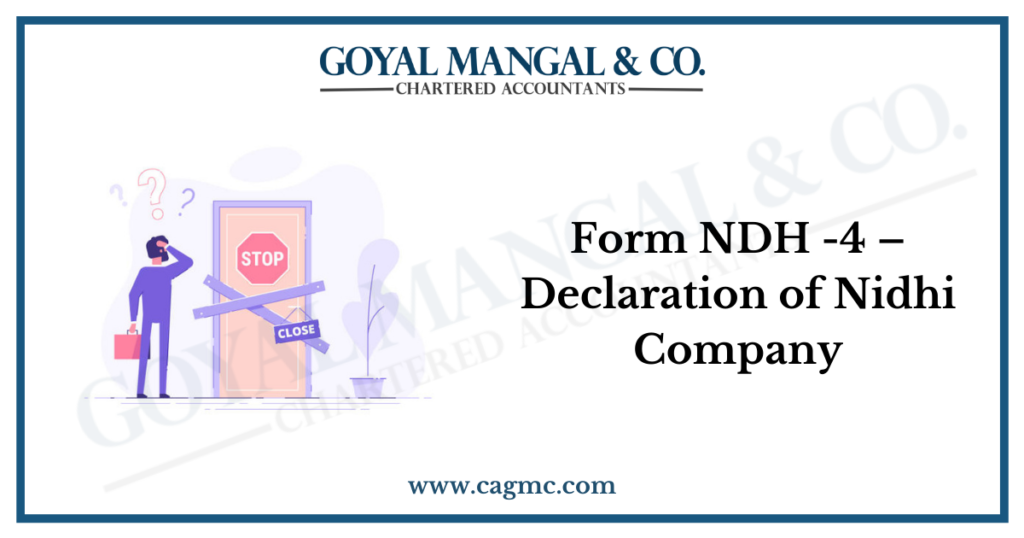Meaning of Equity Shares
A company limited by shares ‘equity shares’ mean share capital which is not preference share capital. This is the portion of the company’s money that is raised in exchange for a share of ownership in the company. Equity share capital is negatively defined by Section 43 of the Companies Act, 2013, being all that share capital which is not preference share capital.
The share capital of a company must be divided into shares of equal amounts and each part is known as a Share and the total capital is known as Equity Share Capital. The investors investing their money in such shares are known as Equity Share holders.
Equity shareholders are not assured of any fixed amount or rate of dividend-or any dividend at all. The dividend is to be paid from the profits of the company, and if the company does not make a profit, they would not get any dividend. Even when the company makes profits, the directors may decide not to distribute any or all such profits as dividend to the equity shareholders.
Table of contents |
Investment in equity shares
Investment in the unlisted equity shares: The equity shares that are not listed in any recognized stock exchange are the unlisted equity shares. Once purchased sale of such shares Securities Transaction Tax is not levied.
Investments in Listed equity shares: The equity shares which are listed with a recognized stock exchange are the listed equity shares. On sale or purchase of such shares, the Indian Government collects the STT at a fixed rate.
Movement in equity shares price
The price of shares/ stocks changes every day as they are volatile in nature. There are various reasons that prices of shares changes; such as when demand is more for stocks then sellers of the stocks will raise the prices and vis-à-vis. If the investors come across a positive review about to company regarding the growth, expansion/plans, and project approved by the government the price of the stocks rises. Similarly, where there is any negative review about the company comes up then you may also use the financial ratios to know the worth of the company.
Expenses incurred for transacting in share market
To carry sale and purchase transactions in a Recognized Stock Exchange the expenses that need to be incurred are as under:
- Brokerage
- Securities Transaction Tax
- Stamp Duty
- Stock Exchange Charges
- Depositary Participant Charges
- SEBI Turnover Charge
- Goods and Service Tax (GST) etc.
Tax planning for equity shares
When an investor invests in share then the capital gains are taxable. Capital gains are obtained after subtracting the selling price from the purchase price of the equity shares. The taxation rate depends on how long you have invested in stocks.
Short-term capital gain @ 15%: When investors sell equity shares within a period of one year from the date of purchase then they earn short-term capital gains that are taxed at 15%.
Long-term capital gain @ 10%: When shares are kept for long-term capital gains, then it shall be taxed at 10% rate sans indexation.
Points to keep in mind for Tax planning while investing in shares
- Open the demat account in the name of adult members of the family in the long term or short term as the gains that shall be distributed between the family members and the tax liability on one person will be decreased.
- If the investors hold equity shares for more than 12 months in that case the long-term capital gains to Rs.1, 00,000 are fully exempted and the amount exceeding Rs.1, 00,000 then the tax will be collected @ 10%.
- If the equity shares are kept for less than 12 months then the capital gains will be taxed @ 15%.
- Before 2018 there was an exemption on long-term capital gains on the sale of the equity shares however, post 1st April 2018, the tax at the rate of 10% was levied on such gains.
- The long-term capital loss that has been incurred during a financial year can be set off against the long-term capital gains for the particular financial year.
- It is advisable to open a demat account in the name of Hindu Undivided Family (HUF) as the Income Tax Act,1961 (IT Act) considers HUFs as a separate legal entity, and tax assessment for them are done separately. The basic exemption limit is Rs. 2, 50,000.
- For the long-term capital gains or the short-term capital gains, investors won’t be liable to get the deductions u/s 80C TO 80U.
|
Final Words
We have discussed in this article about equity shares and how wisely tax planning should be done while investing in equity shares and stock market. The due date for filing Income Tax Return for an, Investors or for individuals carrying on Business (Not liable to Tax Audit) is 31st July of the next financial year. In case of a company and for all persons liable to audit under any law, the due date to file ITR will be 31st October. The investors should pay tax in a timely manner to avoid repercussions of non-compliance of the statute.



